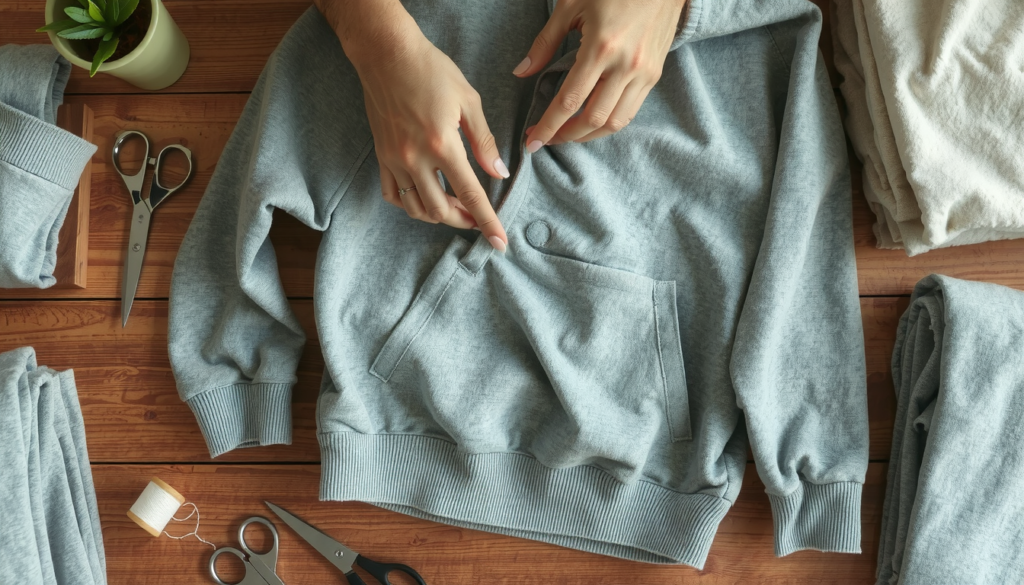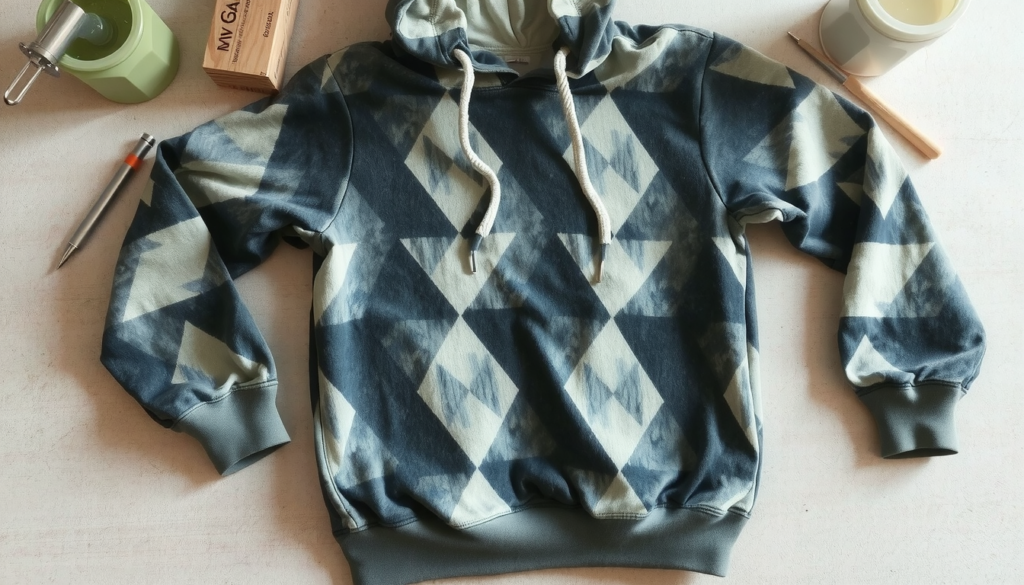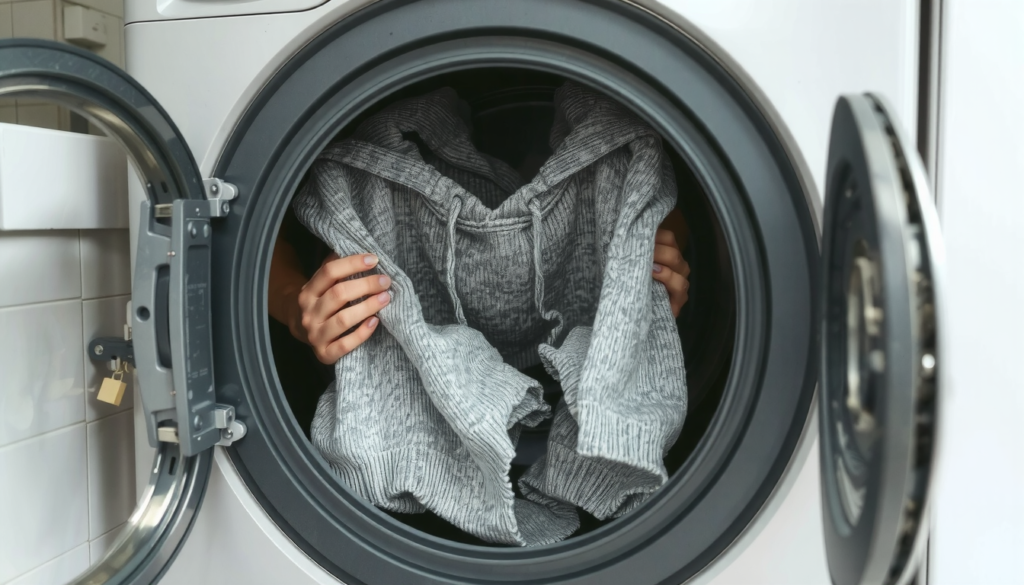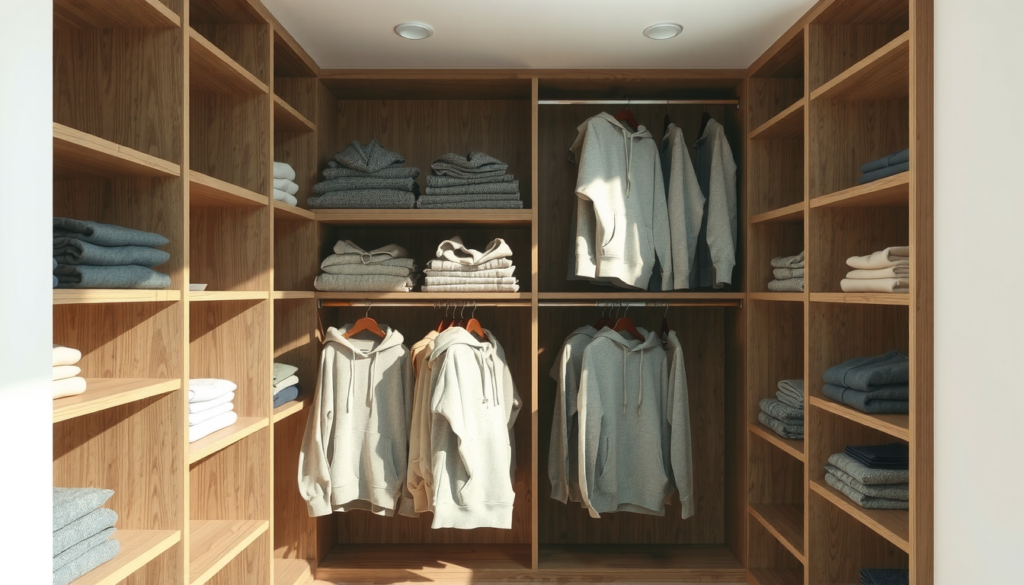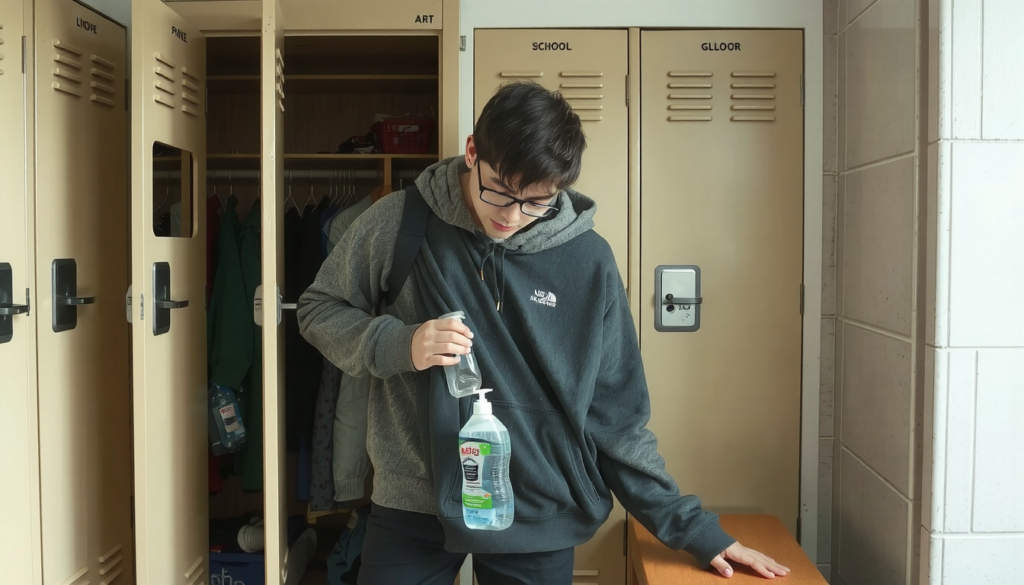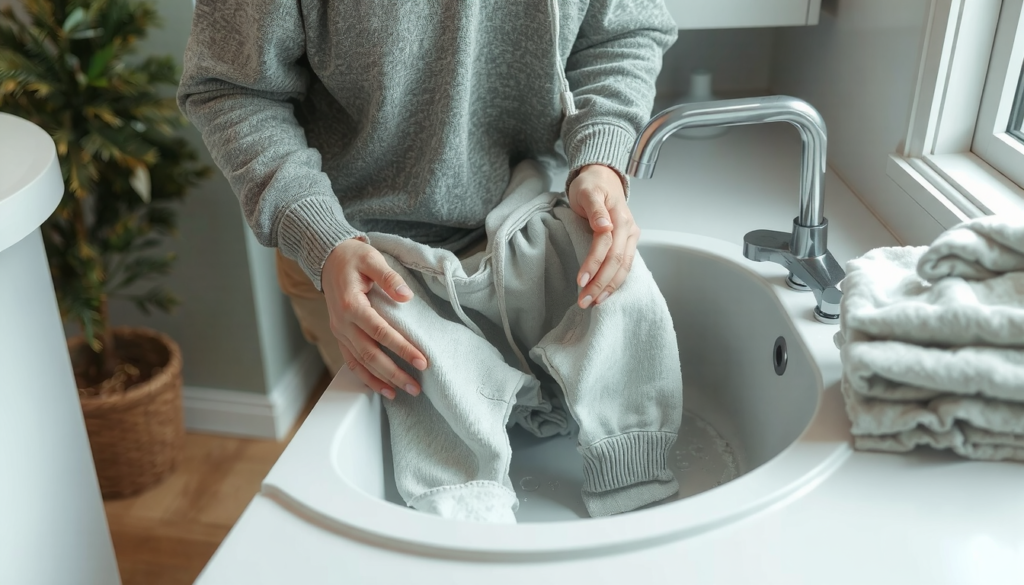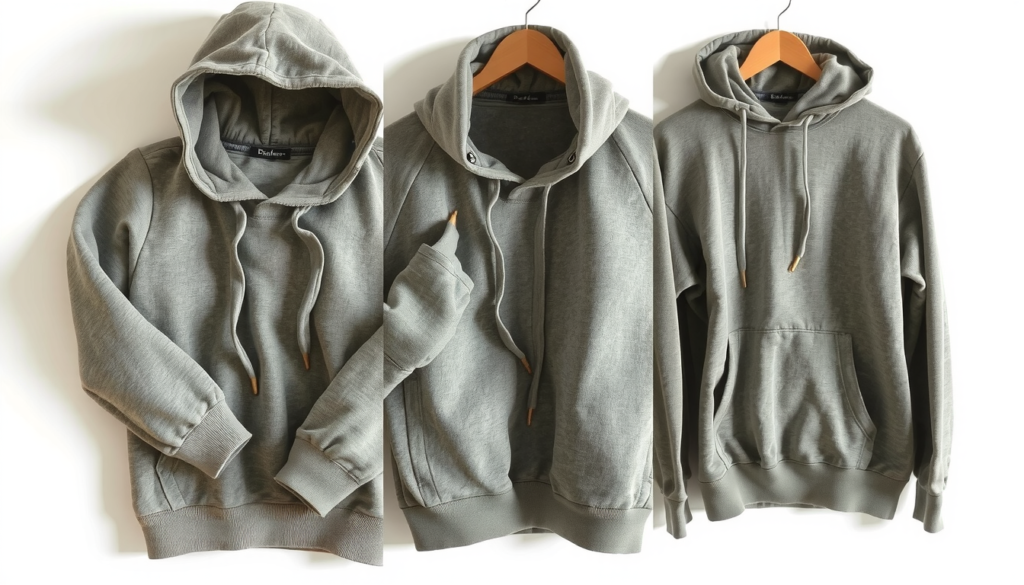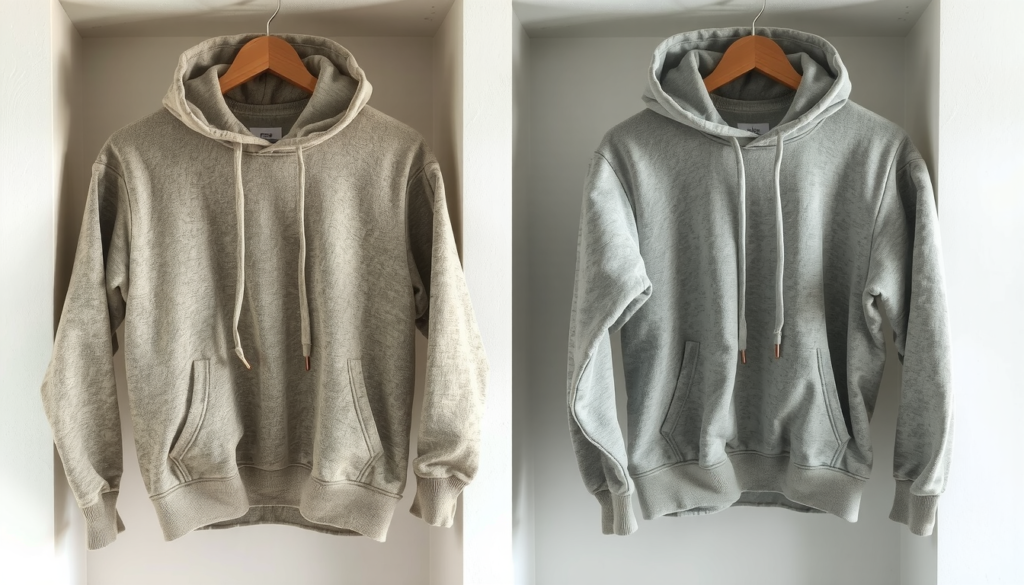Finding the right wholesale apparel vendor is crucial to the success of your clothing brand. It is directly related to the quality of products you get, the profit margins, and the growth potential of your company. A good partner makes things easy and smooth for the business while a bad one ends up creating more challenges than you can think of.

This guide provides you with a template you can trust, a door opened to success. It will help you in the processes of finding vendors and verifying them. Besides, we will also share with you the ways to build effective partnerships. We will introduce to you different types of vendors, how to find them, and the right way to validate them.
First, What Type of Wholesale Apparel Vendor Do You Need?
You require a clear plan before you begin searching. Not all wholesale apparel vendors are the same. Correctly selecting a type will save you time and money. This concentration will help you to reach your brand’s perfect partner.
Understanding the Vendor World
Starting with the basics, here is the deal. A wholesaler is a company that buys clothing in large quantities from various manufacturers. They then sell it out to retailers like you in smaller bulk quantities.
The direct manufacturer is the factory that produces the clothing. Teaming up with them generally results in the creation of customized products made from scratch. This subject will be elaborated on later. The majority of new brands are based on the wholesaler business model.
Matching a Vendor to Your Business
The type of your business will determine the wholesale apparel vendor that will best suit you. Are you planning to launch a streetwear line? Opening a local shop? Every path will require a different provider.
The following table presents the basic vendor types. It reveals who they best suit and their pros and cons. This matrix will direct you to the appropriate wholesale clothing suppliers.
| Vendor Type | Best For | Pros | Cons |
|---|---|---|---|
| Blank Apparel Wholesalers | Screen printers, embroidery businesses, new brands starting with custom graphics. (e.g., Streetwear, Merch) | Low Minimum Order Quantities (MOQs), fast shipping, wide selection of basic styles. | Products can be generic, high competition, lower perceived value without customization. |
| Private Label Vendors | Brands wanting a unique fit and feel without full custom design. | Higher quality than basic blanks, unique styles, ready for your brand’s tags. | Higher cost per item than basic blanks, MOQs may be higher. |
| Boutique/Curated Wholesalers | Physical retail boutiques, online stores that curate collections from different designers. | Trendy, finished products ready to sell, no design work needed, can create a diverse inventory quickly. | Lower profit margins, less brand control, selling the same items as other boutiques. |
| Dropshipping & On-Demand | Founders testing ideas with very low startup costs, brands with a huge number of designs. | No need to hold inventory, no upfront cost for products, vendor handles shipping. | Very low profit margins, no control over quality or shipping times, hard to build a brand identity. |
Where to Find Good Wholesale Apparel Vendors
Once you make sure about the vendor type, you’re halfway through. Figuring out where to look for good reliable wholesale apparel vendors can seem a little daunting. On the other hand, there are some time-tested trusted venues to seek them out. Following are the best options mirrored with great buying margins.

Online Wholesale Markets
Online wholesale markets are mighty virtual machines. They direct the traffic of multiple sellers and buyers to one spot. Acting as a huge marketplace, they are best for seeing a wide variety of suppliers at once.
General B2B markets like Alibaba and Faire are the ones worth mentioning here, but the fashion industry has always been more specialized. For example, Wholesale Fashion Square is great for trendy, boutique-style clothing. Another platform, Trendsi, is a good fit for businesses desiring both wholesale buying and no-inventory options.
Distributors for Blank Apparel
If your business model is printing or embroidering your designs on attire, you are better off with another type of vendor. Large distributors for blank apparel are your best shot. They have all the blank hoodies, t-shirts, and other supplies necessary plus they are high quality.
Establishing connections with leading names in this sphere will back your business. One of the best distributors out there is One Stop, a company which has thousands of blank apparel and decoration supplies. Another would be SanMar, a distributor that has products from over a hundred brands and promises quick delivery. Their aim is to meet the needs of businesses that modify apparel.
Industry Trade Shows
Trade shows are events where vendors display their products. Events like MAGIC in Las Vegas or Texworld in New York are great chances. Hands-on experience of the fabrics and outlook of quality can be obtained. Moreover, you can have face time with company representatives.
From our experience, the first thing to remember is being prepared for trade shows. Have your business license and sales tax ID with you. Many wholesale apparel vendors will not show you prices without proof you are a real business. This is your chance to build real relationships.
Niche Online Directories and Social Media
Apart from that, don’t forget to search in less visible areas. There are many online directories targeting specific fashion categories. You can use social media platforms as well. Instagram hashtag searches like #wholesaleclothing or #boutiquesupplier can be a good start. Several newcomers in the wholesale apparel sector take advantage of these platforms to get in touch with brands.
The Ultimate Vendor Check List: 10 Questions to Ask Before Committing

Finding potential vendors is just half the job. The next step is going through the vendors and verifying them. This procedure requires ensuring the vendor is a good fit for your business. Otherwise, you might be in trouble with monetary losses, delayed orders, and lots of angry customers.
From our experience, here are the key questions to ask all your potential wholesale apparel vendors. The answers they provide will either show their reliability or indicate that they are not the right match for you.
The Check List
-
What are your Minimum Order Quantities (MOQs) and are they per style, color, or total order? This sets your upfront cost, as some vendors prompt you to order a certain number per design while others have a minimum total dollar amount requirement.
-
Can I order samples, and what is the sample policy/cost? One thing you should never do is confirm a bulk order without looking at the finished item. If a vendor is not ready to supply samples, it is a big concern.
-
What are your typical production and shipping lead times? You need to know the average time they estimate to make an order and ship it out. This affects your ability to manage inventory and meet customer demand.
-
What is your quality control (QC) process? What is your defect rate? This question shows how seriously they take quality. Good vendors should be clear about the processes of their quality assurance. They should be fair about their typical error rate.
-
What are your payment terms? Common terms are 50% upfront and 50% upon completion, or Net 30 (you have 30 days to pay after getting goods). Ensure that the terms fit your cash flow.
-
Can you provide references or connect me with a current client? A great way to do your due diligence is to reach out to other businesses who have worked with the vendor.
-
What is your return/refund policy for defective or incorrect items? Mishaps happen! A good partner has a fair and clear policy that allows them to fix mistakes without making you incur huge costs.
-
Who will be my primary point of contact, and what is the best way to communicate? Getting one person to talk to is important. Good communication will cut misunderstandings.
-
Do you have documentation for fabric content and ethical sourcing/labor practices? These days, customers tend to be very mindful of where their clothes are coming from. An honest vendor will back this with certification for the fabric content and ethical labor standards.

- Are there any additional fees I should be aware of? Inquire about hidden costs like shipping, customs duties, or payment processing fees. You need the full picture for a true cost calculation.
Vendor vs. Manufacturer: When to Choose Custom Production
As your brand grows, everything needs to shift. You might start with a simple wholesale model, but after a time, you may want the authority to control the process more. This is when you could consider moving from a wholesale apparel vendor to a direct clothing manufacturer.
When to Stick with Wholesale Vendors
Sticking with wholesale vendors is the smartest move for most new businesses. It is best for starters getting their feet wet and finding product-market fit. Less money is needed at first, and the time between order placement and delivery is minimized.
If speed and a low initial investment are your priorities, wholesale is the right path. It gives you the opportunity to focus on your branding and marketing. The complexities of manufacturing are not your concern.
When to Partner with a Clothing Manufacturer
A clothing manufacturer should be on your radar when your brand reaches the scaling point and your product needs to stand out. This path is for when you need a truly unique design, special fabric, or features that wholesalers don’t offer. You own the product from the first feature to the last stitch.
This strategy can lead to substantial benefits at a larger scale. However, it would also involve a larger contribution in terms of time, money, and expertise. Brands that have the capacity to think outside the box can take a step ahead by partnering with a full-service clothing manufacturer. By joining up, you can create garments from scratch. You may need a specialized hoodie manufacturer to perfect your fit. Or a puff print hoodie manufacturer to achieve standout graphics.
Conclusion: Building a Partnership for Success
A successful clothing brand goes hand in hand with your supply chain. The process is straightforward. First, clearly state what your business needs are. Secondly, seek out partners that are a fit for your model. Thirdly, evaluate them thoroughly with the provided checklist. Lastly, know when to upscale from wholesale to custom manufacturing.
The best wholesale apparel vendors are not just suppliers, but they are also partners that care about the growth of your brand. Choosing the right one is a crucial step toward long-term success in the fashion business.
Frequently Asked Questions (FAQ)
What documents do I need to buy from wholesale apparel vendors?
Most legitimate wholesale apparel vendors require a business license and a reseller’s permit (also called a Sales Tax ID). This paperwork proves you are a registered business buying goods for resale. It allows you to purchase inventory tax-free. The sales tax will be collected from the end customer.
Can I find wholesale apparel vendors with no minimum order?
It is possible, but they are fewer compared to vendors with a minimum order. Several online marketplaces and dropshipping suppliers specialize in having no Minimum Order Quantities (MOQs). Traditional wholesalers usually have them, but they can vary. Some may require a small dollar amount (like $100 per order). Others require buying a pre-set pack of a certain style (like 6 pieces). Always ask about this during your vetting process.
How do I negotiate prices with wholesale clothing vendors?
Negotiation is most successful with larger orders. Instead of just asking for a lower price, you can ask about their tiered pricing structure. For instance, “What is the unit price if I order 100 pieces versus 500 pieces?” Building a long-term, reliable relationship with a vendor can also open the door to better pricing and payment terms over time. For marketplace vendors who have fixed prices, negotiation is usually not an option.
What is the difference between a wholesaler and a distributor?
These terms are often used the same way. Generally, a distributor works very closely with a particular manufacturer (or a small number of them) to deliver their products to a given area. A wholesaler is likely to buy from various distributors and manufacturers to create a wider catalog. For a new brand owner, this difference is of minor importance compared to the vendor’s product quality, reliability, and business terms.
Should I source vendors domestically or overseas?
This choice depends on your priorities. Domestic vendors (in your own country) usually offer faster shipping, easier communication, and simpler quality control. But their prices are often higher. Overseas vendors can offer much lower prices, but they come with challenges. These include longer shipping times, potential language barriers, and more complex logistics like customs and import duties. We recommend that beginners start with domestic vendors to make the process simpler.



